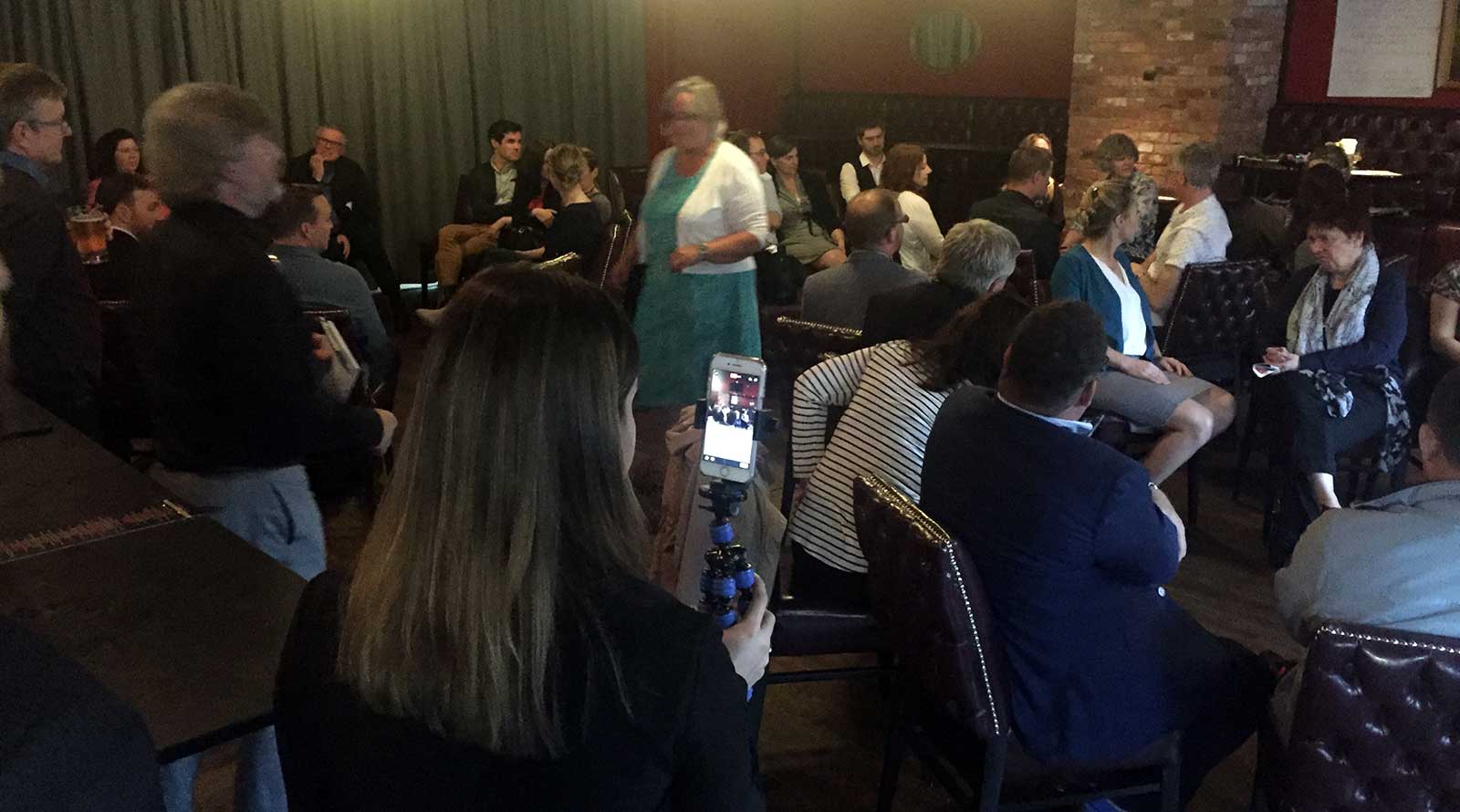
Improving the reach of public engagement
A recent IAP2 event got me thinking about why not more people participate in public engagement opportunities.
One of the topics discussed was what could be done to get more people to participate in public engagement? The assumption was that even though some people do participate, more could be done to make engagements more inclusive.
Why don’t people participate?
In broad terms, we could categorize the causes for non-participation in two buckets:
- those who don’t want to participate, and
- those who can’t participate
Let’s take a look at each of these buckets and what I believe are the common challenges.
1. Those who don’t want to participate
Not every engagement will appeal to everyone and that’s okay. There are however, situations where topics are of concern to people but people don’t want to participate. This reluctance to get involved I believe is the result of how these people feel about the engagement. Here are the two principal reasons why people don’t want to participate.
What’s the point
People will disengage if they feel that their thoughts will not be considered when making decisions. The disillusion with politicians’ failures to represent the will of the people creates a sense of futility when it comes to express one’s thoughts.
What can we do about it?
- Post the results from past engagements to show continuity.
- Develop an ongoing relationship with participants that increases trust over time.
- Help people understand the tradeoffs involved in arriving to decisions that affect groups with varied interests.
This doesn’t concern me (when it actually should)
Some of the engagement topics might be communicated in ways in which people cannot connect how those topics could affect their lives. How climate change legislation could affect the future of their children’s ability to sustain their sources of income, or how labour deregulation could affect their kids’ job security are just some simple examples that come to mind.
What can we do about it?
- Provide information on the same space where input is gathered (e.g. don’t make a large document available for download and then ask people to go somewhere else to give you their input.)
- Break down multi-topic discussions into smaller chunks, each focusing on a single idea.
- Use video and images to communicate complex concepts.
2. Those who can’t participate
Then there are those who would participate if given the chance, but can’t. This situation is particularly saddening because we are, unintentionally, preventing those who are willing to give us their thoughts from doing so. Here are some common causes:
I did’t know I could participate
This is a matter of communicating widely and frequently. In a world where most Canadians are online and have access to over-the-air television and radio, we must make sure we do all we can to promote the participation opportunities on all channels as often as possible. If you promote it, they will come.
What can we do about it?
- Use social media to promote your engagements (but don’t engage on social media.)
- Advertise your engagement as widely and often as you can afford it.
- Reach out to influencers that could bring with them motivated participants.
I missed the opportunity
This is a problem with in-person meetings that happen on a given date and time. At best, people couldn’t attend because they weren’t available. Unfortunately most often than not, people learn about these meetings after they happened. In the digital side, while the future is already here, not everyone has access to the internet.
What can we do about it?
- Add an online component to your in-person engagements and keep it open for as long as possible.
- Most people are on their phones while commuting to work, so make sure your online engagement is mobile-first or at least mobile-friendly.
- A tablet or laptop gives participants the time to give you their thoughts from the comfort of their couches.
- But not everyone is online so always provide real-world alternative.
If you are interested in this or other public engagement discussions and live in Ottawa, you should keep an eye on the MeetUp group for future dates.

Leave a reply